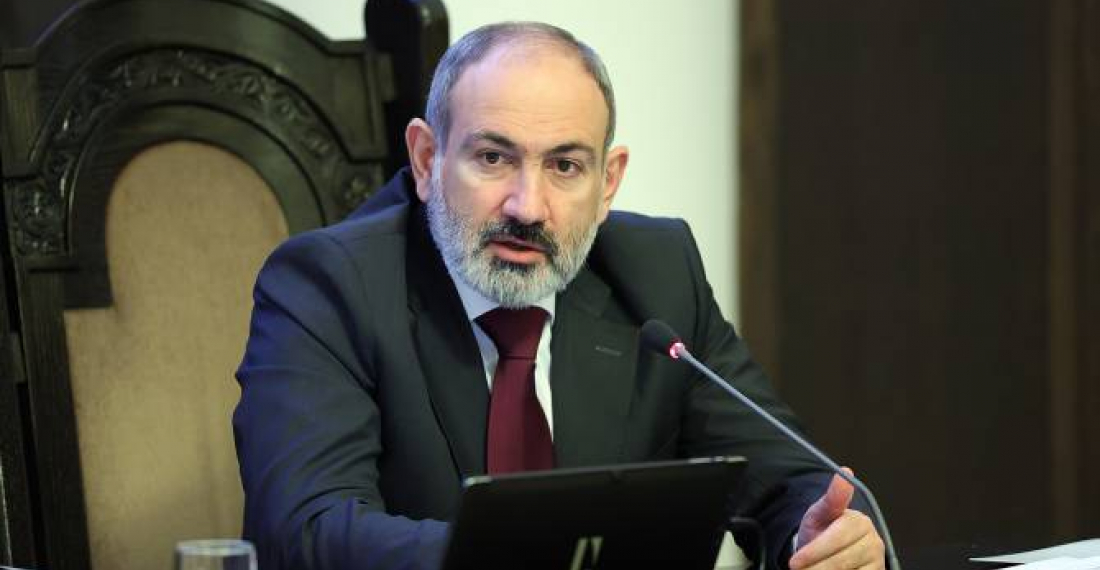Earlier today (7 April), the Armenian prime minister, Nikol Pashinyan, provided some clarifications on yesterday’s meeting with the Azerbaijani president, Ilham Aliyev, and the president of the European Council, Charles Michel.
Speaking at a government cabinet meeting, Pashinyan noted that the protection of the rights and freedoms of the people of Nagorno-Karabakh, as well as the clarification of the final status of the region, were of principled importance for the Armenian side.
Pashinyan clarified the two main agreements which emerged from the meeting. The first was the instruction to the Armenian and Azerbaijani foreign ministers to start preparing for peace talks. The second major result was the decision to create a bilateral commission on Armenian-Azerbaijani border delimitation by the end of April. Assessing the meeting, he noted that further steps depended on the practical implementation of the agreements, adding that Armenia would continue to push for an agenda of opening a peaceful development era for the country and the wider region.
read more on commonspace.eu: The process for negotiating a peace treaty between Armenia and Azerbaijan has started
Yesterday’s talks are being viewed as a positive step towards the peaceful resolution of the current conflict, especially in light of the recent flare-ups which have occurred along the border. While there remains a long way to go before a real peace agreement, Michel said he thought that talks had been "excellent and very productive". Many observers are hailing the results of the meeting as important step towards a potential normalisation of relations; the Human Rights activist Anar Maddamdli said that it had been “one of the most productive diplomatic meetings since the end of the war.” The holding of a face to face meeting between Aliyev and Pashinyan is in itself a significant occasion, but the tangible results that emerged are even more indicative that real progress is being made.
Nevertheless, some political forces in Armenia remain critical of Pashinyan's negotiating position, particularly since the government’s rhetoric has shifted in recent weeks, in a move which appears to suggest that Yerevan may be willing to accept some kind of Azerbaijani sovereignty over Nagorno-Karabakh in exchange for guarantees of the rights of the Armenian population. Armenia’s two opposition blocs in parliament, “Armenia” and “I Have Honor”, held a rally in Yerevan yesterday to protest what they see as an abandonment of Nagorno-Karabakh to Azerbaijan.
Questions also remain over Moscow’s role in any future peace process, and how, in light of the current Ukraine crisis, Russia and the EU can be involved together in it. While there was no mention of Russia in the talks, Moscow still remains a key player in the region, and there is little doubt that the Kremlin will want to be as involved as possible in the process. Pashinyan said earlier today that Russia had already expressed its readiness to assist in the delimitation process.



